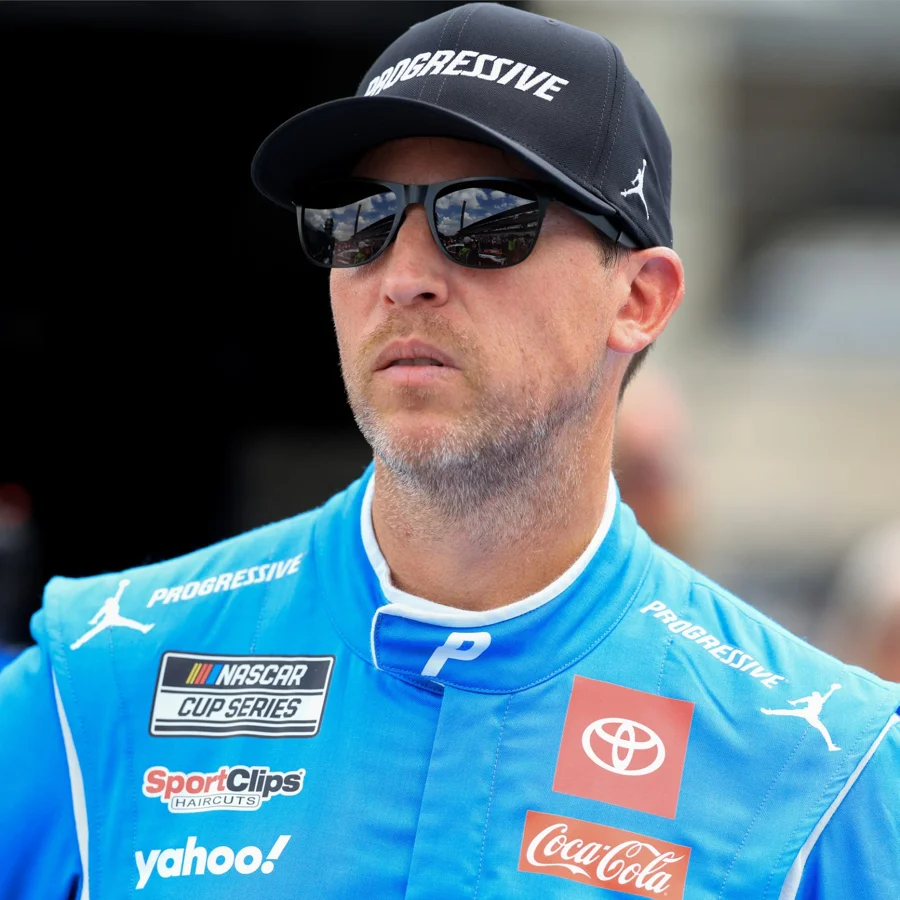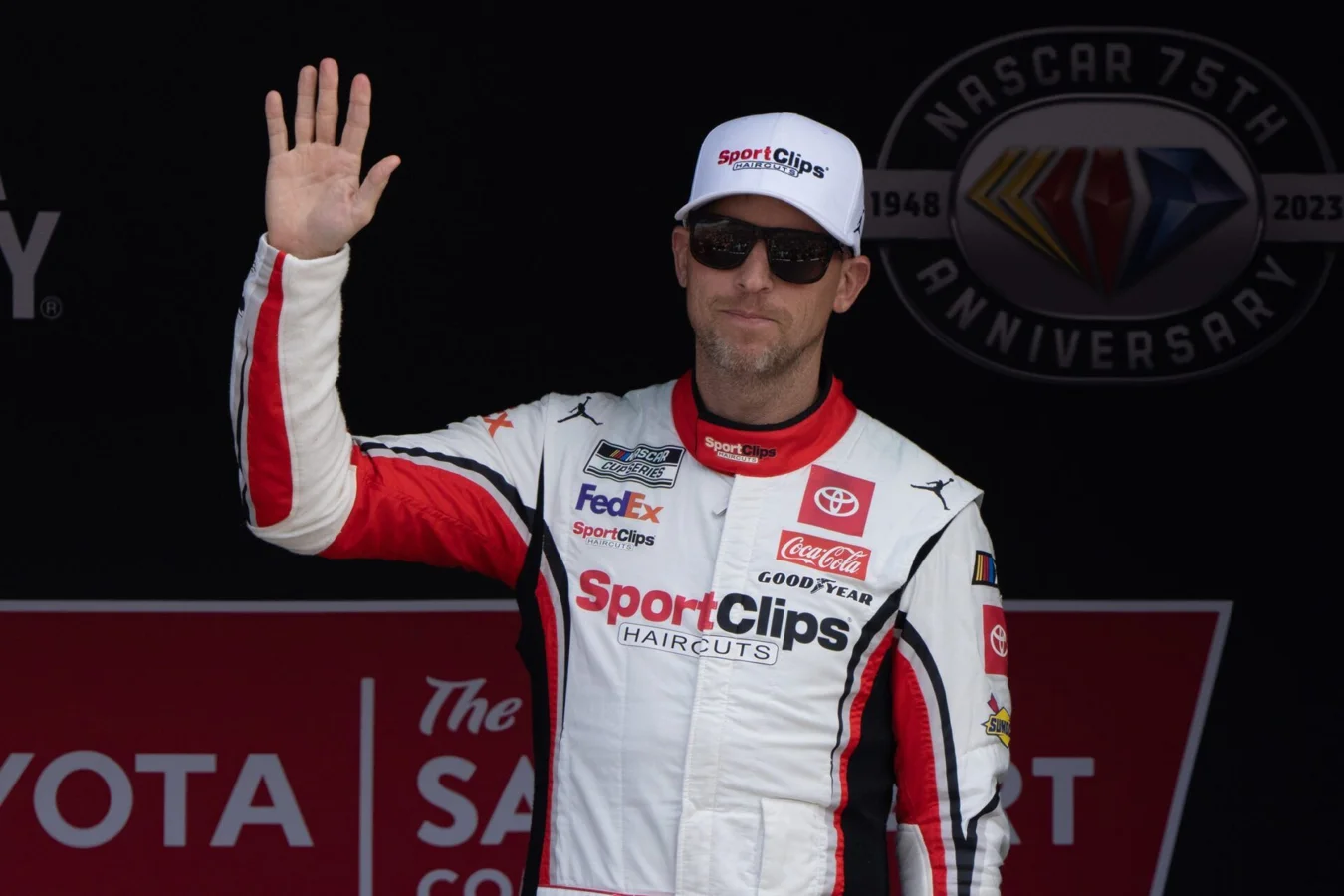Denny Hamlin has introduced a significant shift in his perspective on the path to NASCAR success, placing much greater emphasis on the driver and reducing the importance of luck in his newly revised championship formula. This adjustment, now making the driver the most crucial factor, comes after years of scrutiny, personal near-misses, and evolving conditions in the Cup Series, sparking discussion around the Denny Hamlin championship formula change.
Reassessing the Components of Racing Success
Back in 2012, Hamlin, then already an established winner, put forward his famous formula: success in NASCAR depended 40 percent on the driver, 40 percent on the car and team, and 20 percent on luck. This equation circulated widely, reflecting the delicate balance of skill, machinery, and chance. However, after mounting frustrations over near-miss seasons and continuous self-evaluation, Hamlin saw the need to recalculate these percentages.
The catalyst for rethinking his stance was the introduction of the Next Gen car in 2022. These vehicles, designed to equalize performance across the grid, leveled the playing field and muted some of the historic advantages teams held. Even as Hamlin racked up wins—fifty-eight at the Cup Series level—his perspective shifted, driven by first-hand experiences of how the race dynamic and competition had changed.

Driver’s Influence Now Overshadows Luck and Machinery
In a recent interview, Hamlin shared that he used to maintain his original 40/40/20 split but reconsidered, suggesting that
“cars aren’t quite as much of a factor because they’re more similar now,”
and parity means luck influences the outcomes less. Still, Hamlin found himself unable to settle on this revision. After continued reflection post-interview, he provided a definitive update:
“After thinking about it more, I believe these are the correct percentages in today’s world: Driver 65 percent, team 25 percent, luck 10 percent.”
—Denny Hamlin, Cup Series Winner
He elaborated that,
“I lowered luck because it’s not a factor in winning as much as being good is. It is still a factor in some wins, but great drivers have more opportunities to win because of their skill level. Team does matter, but with the Next Gen, you can’t build the difference in cars like you used to. The driver is the one who sends team in a direction to make the cars fast, thus being the most important.”
—Denny Hamlin, Cup Series Winner
This shift comes as the Cup Series community debates the fate of the sport under the newer car regime. Some fans and drivers express dissatisfaction, noting that similar machinery across the board dampens excitement, especially on certain types of tracks. Hamlin cites examples from the Xfinity Series, which uses older cars that allow for tightly contested and more visibly competitive racing, contrasting sharply with the processional feel of some current Cup events. In his analysis, the car’s role in determining victory has diminished, and so too has luck—leading to this bold reallocation of influence.
Implications of the Championship Formula Change Amidst Ongoing Rumors
Hamlin’s updated formula comes at a time when the NASCAR landscape is facing uncertainty and speculation regarding scheduling and partnerships. Rumors swirl about significant changes, such as the possibility of classic oval tracks being removed from the 2026 schedule, the All Star Race potentially seeking a new venue, and high-profile moves involving star drivers like Brad Keselowski reportedly considering leaving ford/”>Ford for a new manufacturer. The series also grapples with legacy issues, as figures like Dale Earnhardt’s family remain part of public discourse, and several current drivers, including Dale Jr., advocate for bold personas on and off the track as fan sentiments intensify.
Across this landscape, Hamlin’s reworked formula underscores a more individualistic approach, reflecting both his personal journey and the series-wide dynamics. With consistent wins but no championship yet, his perspective compels observers to question whether this new emphasis on driver skill—pushing luck and cars to the margins—will finally yield the ultimate prize that has eluded him.
Veteran Presence, Evolving Goals: Hamlin’s Stance on Retirement
Despite being one of the oldest active drivers at age 44, Hamlin continues to defy expectations. His consistent performance, highlighted by four Cup wins in the 2025 season, suggests a driver as competitive as ever. In conversation with motorsports journalist Jeff Gluck for the widely followed ‘12 Questions’ series, Hamlin reflected on his evolving perspective regarding retirement. Years ago, he expected to stop racing by his late 30s—
“There’s too much outside of racing to do this until I’m 50 or whatever.”
—Denny Hamlin, NASCAR Driver
But as his career progressed, those predictions lost accuracy. Hamlin recently renewed his contract with Joe Gibbs Racing for another two seasons, implying a more fluid, results-driven approach to his future. Asked about his past declarations, Hamlin acknowledged,
“I’m clearly not good at predicting.”
—Denny Hamlin, NASCAR Driver
This admission highlights how Hamlin’s dedication and ongoing results have redefined the trajectory of his career. There’s a clear sense that, so long as he maintains a competitive edge, retirement remains a distant consideration, with hopes of finally realizing that elusive Cup title.
The Broader Impact of Hamlin’s New Approach
The Denny Hamlin championship formula change comes at a critical crossroads for both the driver and NASCAR itself. As other teams and drivers re-examine what it takes to succeed in a sport defined by tradition yet subject to sweeping changes in rules, machinery, and talent, Hamlin’s recalibrated perspective may influence not only how drivers approach their own paths but also how analysts and fans interpret on-track results. While detractors may question whether this new formula is a path to victory or another explanation for coming up short, its unveiling deepens the ongoing debate about what truly decides a champion in the modern racing era.
